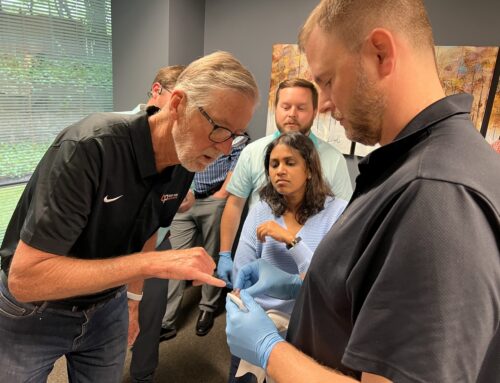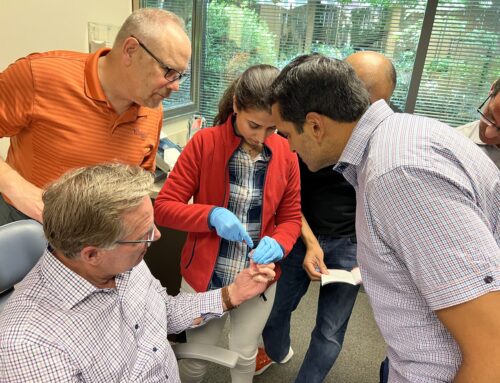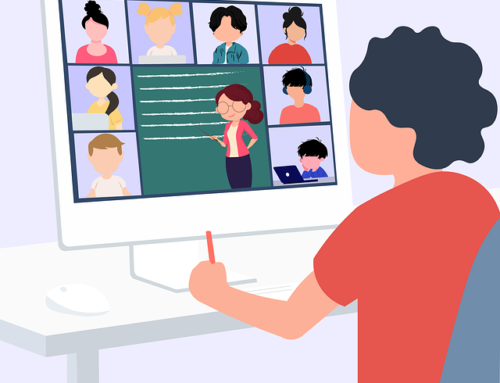It’s that time of year again! With kids going back to school, where do you, the dentist, come in? I know what you’re thinking, “I’m a dentist, what does that have to do with school?” A lot, actually. As a dentist offering craniofacial pain and dental sleep medicine services, you play an important role in the back to school season. Whether it is for younger children, high school kids, college students or even the parents of each age bracket, you can play an important role by offering tips to combat stress.
I have touched base on this before, but stress can be a leading factor in TMD pain and sleepless nights (in addition to sleep apnea, of course). Let’s take a look at some helpful tips you can offer your patients to help them relax during the stressful back to school months.
Take Deep Breaths
One of the simplest things a patient can do is to take deep breaths in. Have them concentrate on slow deep breaths, which, in turn, will help them transfer their focus onto something other than their stress. You might even want to recommend yoga—hey, it is extremely relaxing and good for your body! At the end of the day, stress can take a toll on everyone, but thinking and taking deep breaths in and out can help bring a sense of calm to the situation.
Call a Friend
Another stress relieving thing your patients can do is to take a break and call a friend or a family member to talk about whatever their problems are. Good relationships with friends and loved ones are important to any healthy lifestyle, and there is no time that is more evident than when a person is under a lot of stress. By hearing a reassuring voice, it can really help you put everything in perspective again. When you are stressed, who is your go-to person to call? That answer might be just what your patients need to hear.
Eat Right
Food can play a role in a person’s stress and how he or she manages it. Stress levels and a proper diet are closely related. Unfortunately, it is when we have the most work that we forget to eat well and resort to using sugary, fatty snack foods as pick-me-ups. When stressed at work, encourage your patients to avoid the vending machine and plan ahead. Instead, they should put together fruits and vegetables, and add in fish with high levels of omega-3 fatty acids—a tuna sandwich really is brain food!
Exercise
Exercise doesn’t have to mean power lifting at the gym or training for a marathon. A short walk around the office or simply standing up to stretch during a break at work can offer immediate relief in a stressful situation. By getting the blood moving, endorphins are released—this can improve a person’s mood almost immediately.
Remember to tell your patients not to let stress get the best of them. By offering these helpful tips, hopefully your patients can find relief from their stress without causing further complications. I mean, I think I need to follow these tips to help me relieve stress, too! What about you?





